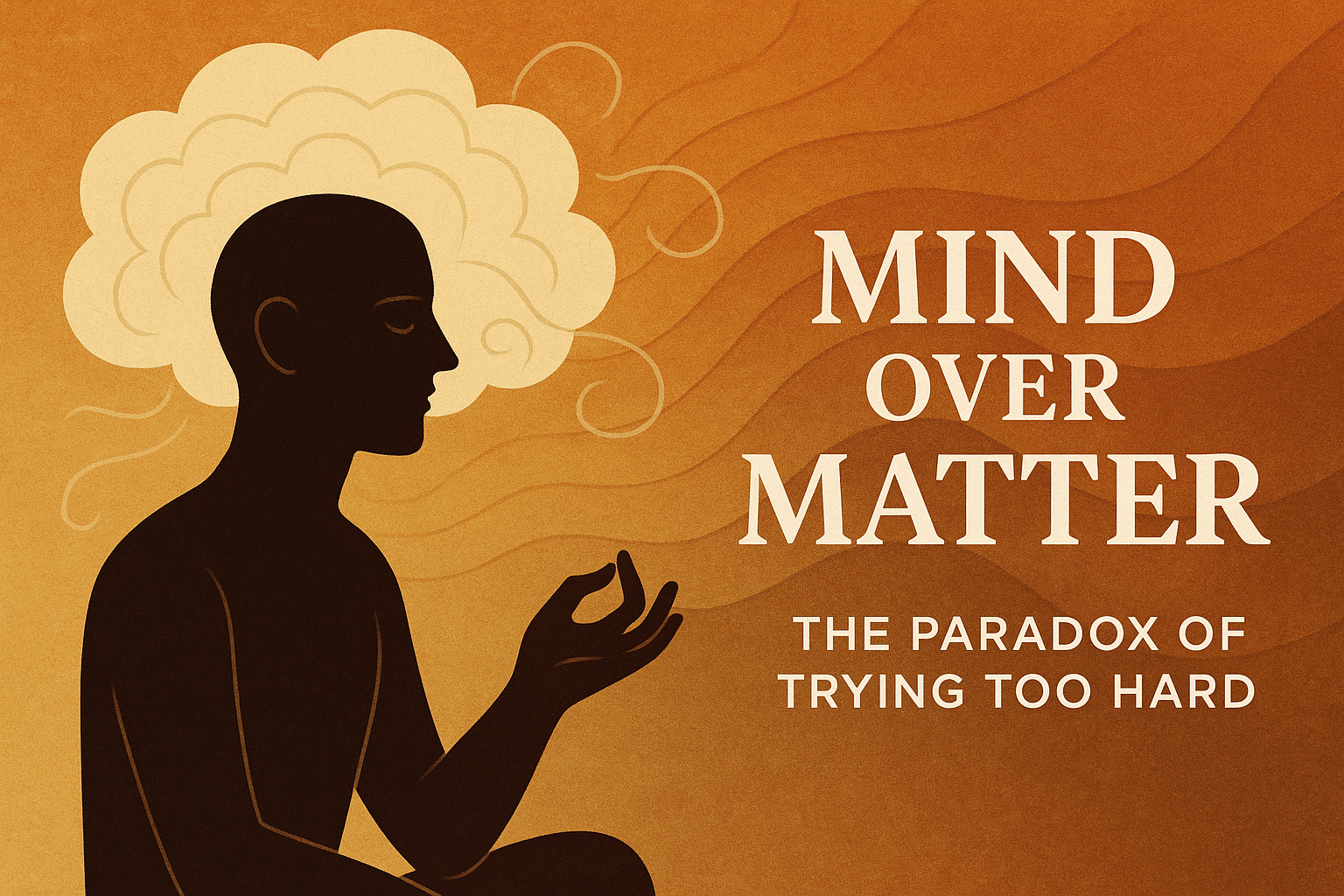What You Can Offer When You Have Nothing To Give
Finding Your Hidden Value

There are moments in life when we feel as though we have nothing to give. Maybe someone is looking for something specific—resources, skills, or answers—that we can’t provide. Or perhaps we’re struggling to see the value in what we naturally bring to the table. But even in those moments, we have more to offer than we often realize.
Here’s how to tap into your inherent value and recognize what you can provide to others, even when it feels like you have nothing to give.
1. Presence Is a Gift
- One of the most powerful things you can offer is your presence. Simply being there for someone—truly listening without judgment or the need to fix—is often more valuable than any material contribution.
- Presence creates a sense of connection and support that people crave, especially in moments of struggle. When you offer your undivided attention, you provide a space where others can feel seen, heard, and understood.
Try this: When someone comes to you for help, focus fully on them. Set aside distractions and allow yourself to truly listen. Your presence alone can make a world of difference.
2. Offer Compassion and Understanding
- Even if you can’t solve someone’s problem or meet their specific request, you can offer empathy. Compassion reminds people that they’re not alone in their challenges, which can be incredibly reassuring.
- Sharing understanding doesn’t require any special skills or resources—it simply requires your willingness to connect on a human level.
Try this: Respond with phrases like, “I can see how this must be difficult for you,” or “I may not have the answers, but I’m here for you.” Simple words of support can provide immense comfort.
3. Share Your Perspective
- Sometimes, what you have to offer isn’t tangible but rather a unique perspective. Your experiences, thoughts, and observations can provide insights that others might not have considered.
- Even if your perspective doesn’t directly solve their problem, it can spark new ideas or offer a sense of clarity.
Try this: Reflect on your own experiences and share what has helped you in similar situations. Your perspective may be exactly what someone needs to hear to shift their mindset.
4. Be Honest About Your Limits
- It’s okay to acknowledge when you don’t have what someone is looking for. Honesty is a form of authenticity, and it helps build trust.
- By being honest, you allow the other person to see your humanity and foster a deeper connection. It also opens the door to exploring alternative ways you can help.
Try this: Say something like, “I wish I could provide exactly what you need, but I want to help in whatever way I can.” This shows care without overpromising.
5. Recognize the Value in Simply Being Yourself
- You may not see it, but who you are inherently carries value. Your kindness, humor, resilience, and even your presence can uplift others in ways you might not notice. Often, the value you bring isn’t about what you give but how you show up.
- When you embrace your unique qualities, you bring an authenticity that can inspire and comfort others.
Try this: Reflect on times when your presence or personality has positively impacted someone. Recognize that your value doesn’t depend on what you do but on who you are.
6. Create Space for Others
- If you feel you have nothing to give, remember that creating space for others to share, process, or simply exist is a profound act of generosity. People often need a safe environment where they can express themselves without fear of judgment.
- This act of holding space can be transformative, even if it feels like you’re “doing nothing.”
Try this: Instead of trying to offer advice or solutions, simply say, “I’m here for you if you need to talk.” Sometimes, the act of holding space is more impactful than any action.
7. Trust That Your Value Is Enough
- The feeling of “not having enough to give” often comes from comparing ourselves to others or believing our contributions need to meet certain standards. Trust that your unique perspective, presence, and humanity are enough.
- Even if what you offer doesn’t meet someone’s specific expectations, it doesn’t diminish the value of what you bring to the table.
Try this: Remind yourself that your worth isn’t tied to what you give or do. Trust that showing up with authenticity is already a profound contribution.
8. Offer a Connection to Something Bigger
- When you feel like you have nothing to give, consider connecting someone to resources, people, or ideas that can help. You don’t have to be the solution; simply being the bridge can be valuable.
- Whether it’s pointing someone toward a resource or sharing something that has inspired you, these small gestures can have a big impact.
Try this: Say, “I may not have what you need, but I know someone (or something) that might help.” Sometimes, being the link is enough.
The Hidden Value in “Nothing”
Feeling like you have nothing to give is a common experience, but it often arises from overlooking the simple, profound ways we can contribute. Presence, compassion, honesty, and connection are gifts that don’t require material resources or specific skills. They’re expressions of our humanity and reminders that, even in our most uncertain moments, we still have value to offer.
So, the next time you feel like you have nothing to give, remember: your presence and authenticity are more than enough. Sometimes, the greatest gift you can offer is simply being yourself.
Share









